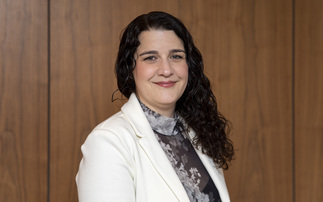The rapidly growing number of cancer survivors is an emerging crisis for the NHS Macmillan Cancer Support has said.
At least one in four people living with cancer - over 500,000 in the UK- experience a wide range of long-term debilitating health conditions caused by their cancer, according to a new report by Macmillan.
The Cured - but at what cost? Report shows that cancer survivors have an increased risk of other serious conditions.
Women living with or after breast cancer are almost twice as likely to get heart failure compared to those who have not had it, while men who have had prostate cancer are 2.5 times more likely to get osteoporosis compared to those who have not had it.
Ciarán Devane, Chief Executive of Macmillan Cancer Support, added: "For far too long the NHS has underestimated the severity of this issue and is woefully unprepared to help cancer survivors now and in the future.
"We are urging them to ensure that all cancer patients receive a ‘cancer recovery package' at the end of their treatment offering on-going support."
The report also reveals that at least 200,000 cancer survivors are estimated to be left with pain, often with nerve changes after surgery, radiotherapy or chemotherapy.
Other cancer survivors face urinary and gastrointestinal problems which affect their quality of life. More than one in three (39%) men diagnosed with prostate cancer up to five years previously reported urinary leakage.
"While one in eight (13%) people who had colorectal cancer surgery at least two years previously needed to wear a pad in case of bowel incontinence
.
Professor Jane Maher, Chief Medical Officer of Macmillan Cancer Support, said: "Put simply, the better we get at treating and curing cancer patients, the more people we will have living with the long-term effects of cancer and its treatment. In other words, progress is a double-edged sword.
PMI provider Bupa welcomed Macmillan's call for a recovery package for all cancer survivors. The insurer has its own Cancer Survivorship programme, which was developed in 2012 in cooperation with Macmillan and the National Cancer Information Service.
Dr Katrina Herren, Medical Director, Bupa, said: "Bupa's Cancer Survivorship programme has already helped many people to manage their own health and recovery, and builds on the help they have from our Oncology Support Team throughout their treatment.
"Our members tell us how these services can act as lifelines during treatment and beyond."








